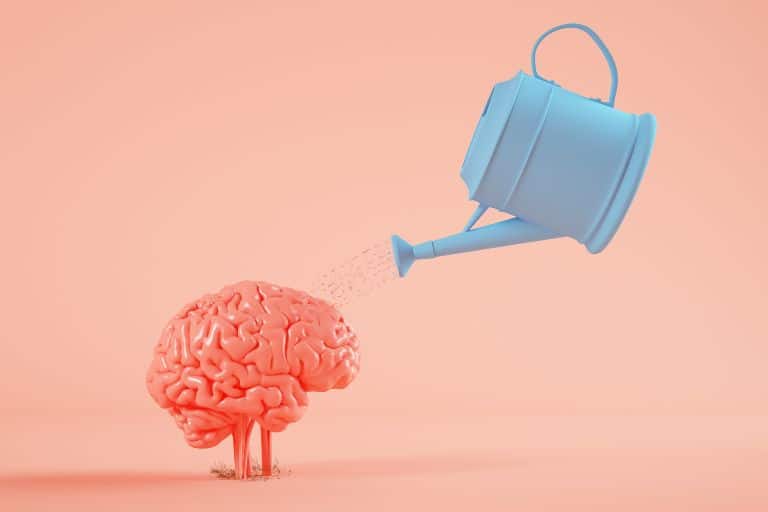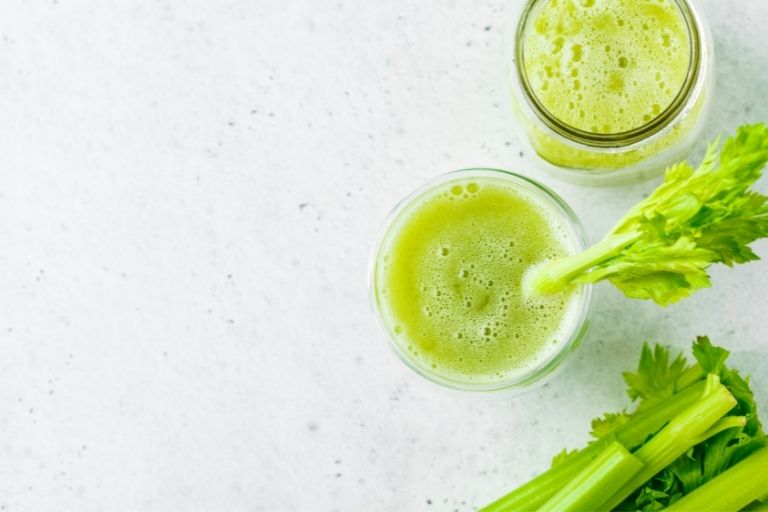The Cambridge Dictionary defines wellbeing as ‘the state of being healthy and happy’. So with that in mind, let’s consider some quick ways to improve wellbeing because who doesn’t want to be healthy and happy?
1. GET AN EXTRA 30 MINUTES ZZZ’S A NIGHT
Did you know that adding an extra 30 minutes to your sleep can have a major impact on your health? Research has shown that a sleep extension, going to bed earlier or getting up later, yields great results. Fatigue, daytime sleepiness, and tension, were found to have decreased by more than a third. If you crave those extra 30 minutes but are having trouble sleeping, Sleep Solutions – 17 Tips might help you out.
2. STRETCHING
Stretching isn’t something you just do pre and post-exercise. Incorporating it into a daily routine can improve flexibility, release stress, help with posture, and lead to better sleep. It might not be as exciting as other forms of exercise but think of your mobility!
Many of us have bad posture, no doubt in part due to being hunched over a desk for some of us desk-bound bunnies.
Whether you gently limber up for 10 minutes freestyle using static stretching where you hold into the stretch for 20-30 seconds or use yoga to perform your stretching, it has many benefits.
If you can incorporate it into your daily routine, your body will thank you and it’s another way to improve your wellbeing.
3. WALK FOR 30 MINUTES A DAY
There’s nothing better for your wellbeing than a walk outdoors. According to Mind being outside with nature has so many benefits. Whether your preference is a brisk stroll first thing in the morning to wake up all your senses. Or at the end of your day as more of a stress reliever. If you’ve got some hills your neck of the woods, it’s good to incorporate those into your walk. Alternatively, you can head to the gym, if (a) you want to shake it up and set the treadmill on an incline or (b) it’s raining cats and dogs. (Fess up, I do love a weird expression). The NHS also praises walking for health and its benefits.
Some dates for your diary:
On Your Feet Britain, aimed at getting desk workers moving and a grooving more is taking place on 26 April. You can register to join in. Hashtags include #SitLess #MoveMore #BigWiggle.
All of May is National Walking Month so no excuses. Get those trainers on.
4. INTRODUCE HIIT INTO YOUR LIFE
Sometimes when life is at full pelt, making time for exercise is the last thing you feel like doing but exercise is a great way to improve wellbeing. This is where HIIT (High-Intensity Interval Training) comes to the fore. It consists of quick bursts of intensive exercise followed by a short recovery time, say 60 seconds on and 30 seconds off. The seconds sequence can vary, but the framework is the same. High-intensity, followed by rest or low-intensity.
Working out for 20 minutes has been shown to be more effective than traditional cardio or other forms of exercise over the same period. Although high-intensity it doesn’t have to be high-impact leaping up and down. Other advantages of HIIT are the main form of resistance is bodyweight. Additional equipment is not required (resistance bands and weights can be added if you want to ramp it up). It’s pretty space efficient so you can do it at home. Oh and let’s not forget – it’s over quickly! Joe Wicks aka The Body Coach has an Ultimate Beginners 20 minute HIIT routine, which consists of 4 rounds of 5 exercises. 30 seconds work and 30 seconds rest.
A guide to HIIT and its benefits can be found here.
Always make sure you warm up first, take it easy if not used to exercise, and consult your GP if undertaking a new form of exercise.
5. BRAIN-BOOSTING
My gorgeous Nan, who I adored, lived to the ripe old age of 99. As well as her regular spoonful of cod liver oil (yuk), another one of her ways to improve wellbeing was doing the crossword every day. If crosswords aren’t your thing, howsabout Sudoku or Word Search? Ooh I do love a Word Search sleuth. Another popular word game is Wordle. A free app downloadable via the App Store and Android equivalent. One game is uploaded each day. That means everyone is playing the same game. So if you can get some friends joining in, you can bounce off each other for the solution. It consists of a 5 letter word with 6 attempts to solve it. You also get hints along the way.
Further brain-boosting is to learn a new language. Check out Duolingo, a fun and engaging way to challenge yourself by learning a new language. You can start with just 10 minutes a day.
6. PRACTICE MINDFULNESS
Are you fretting and stuck in the past or worrying about the future? Events you either (a) can’t change or (b) have no prior knowledge of what the outcome will be. If you do with the latter drop me a line…
Mindfulness, the practice of being present and at one with our immediate thoughts, sensations, and surroundings, has its roots in Buddhism. Jon Kabat-Zinn, an American Professor, founded the Mindfulness-Based Stress Reduction (MBSR) clinic in 1979. Offering an 8-week meditation therapy course helping people with conditions such as depression and anxiety. MBSR is available globally. Mindfulness-Based Cognitive Therapy (MBCT) is based on MBSR and has been used for people with a variety of chronic pain health conditions.
You can incorporate mindfulness into your life with these 11 simple daily practices.
7. LISTEN TO MUSIC
Have you noticed that you put music on (generally at full blast) when you’re happy cue exuberant dancing or sad, cue singing-along Bridget Jones stylie.
Listening to music can be good for your health. It lifts your mood, and it motivates you (a spin class wouldn’t be quite the same without music eh?). It can help with pain relief, as in taking your mind off it and generally make you feel happy.
Music therapy is also available to help people whose lives have been impacted by illness, injury or disability.
So that’s my 7 quick ways to improve wellbeing. Which one will you incorporate into your routine? Do let us know in the comments!






Yesss! Highly recommend Kabat-Zinn’s book Full Catastrophe Living, too – he talks about the science behind his mindfulness based method, it’s very interesting
Ooh thank you Kate! Sounds good. Will add to my ‘to-do’.